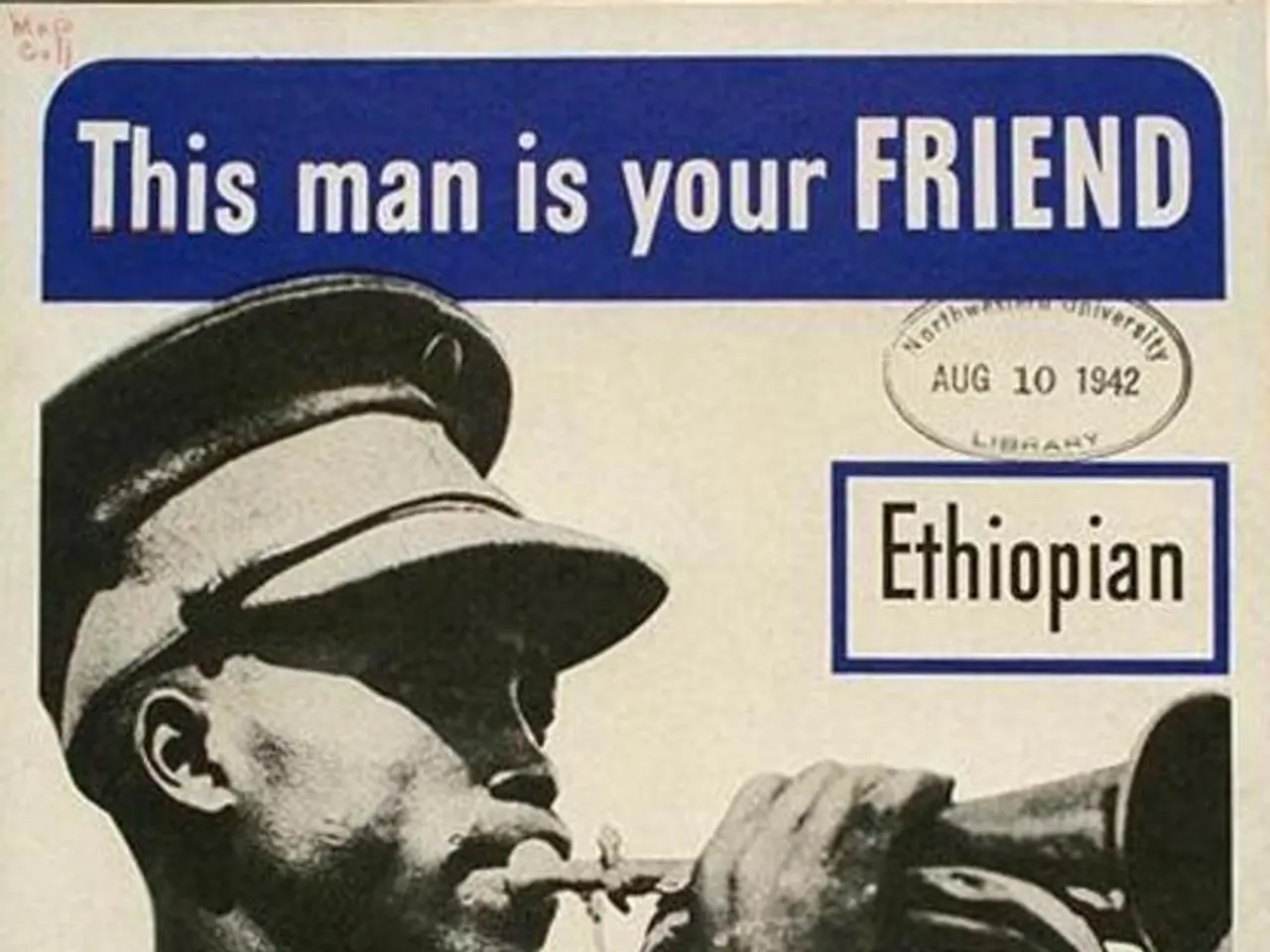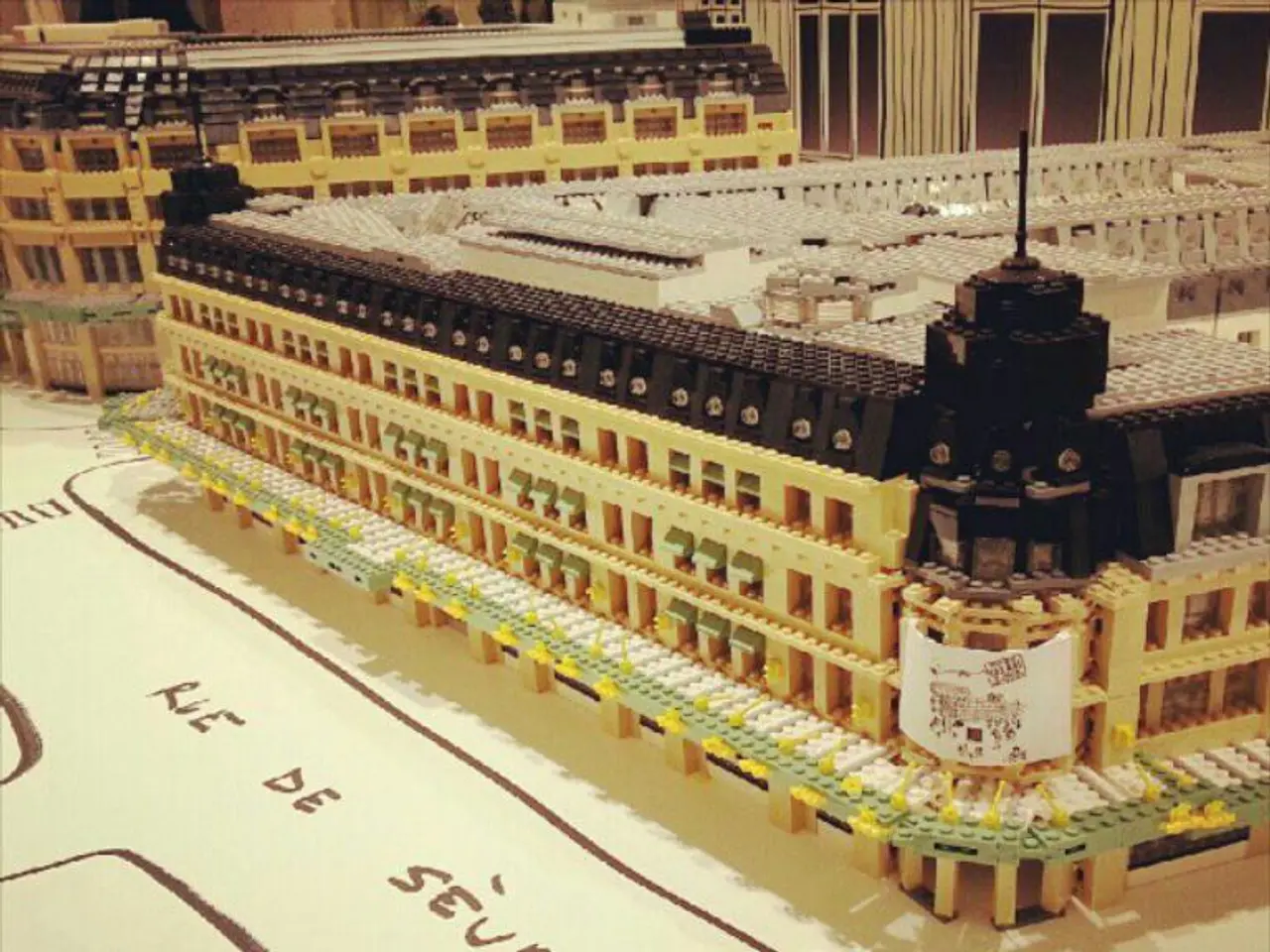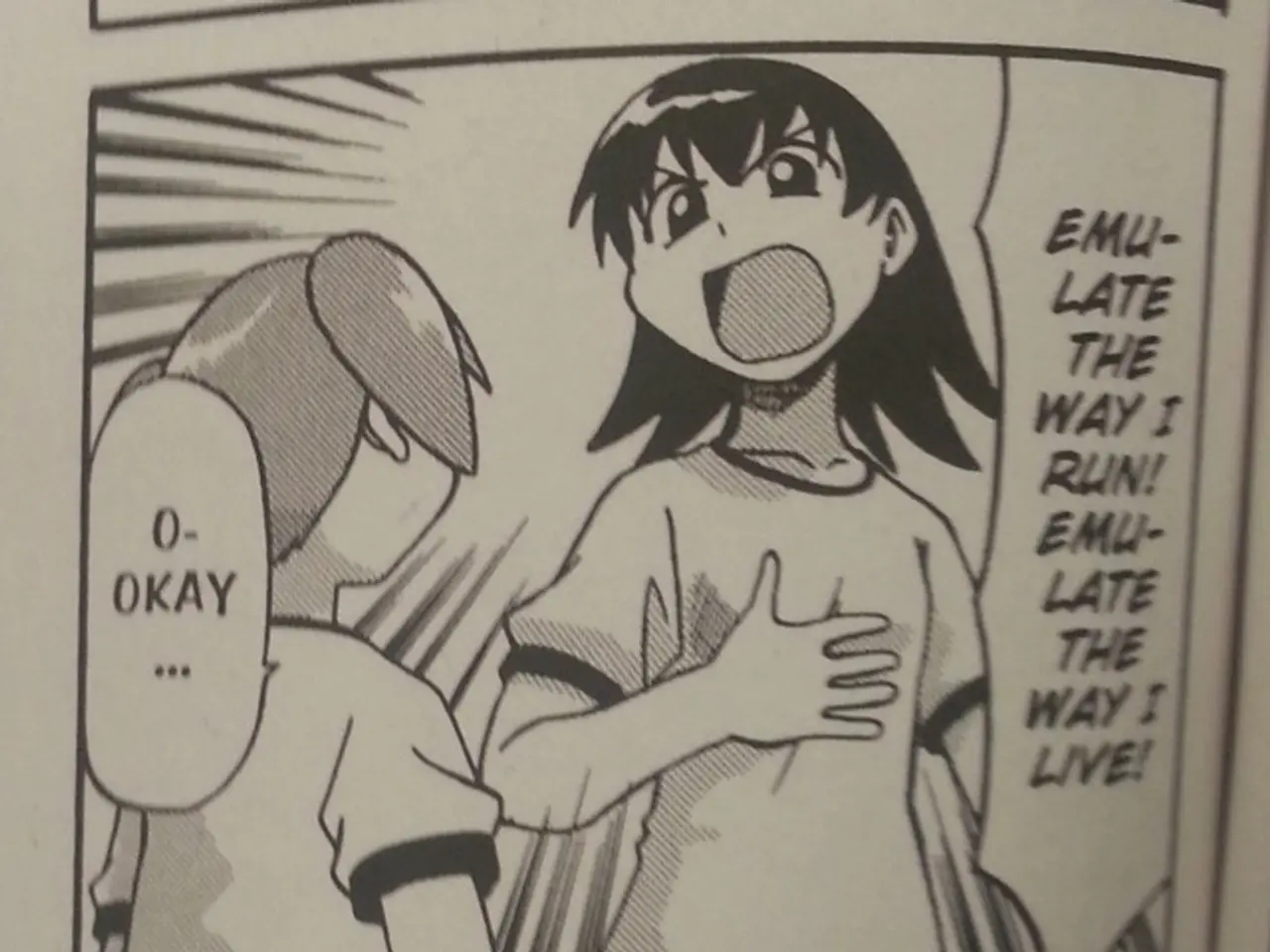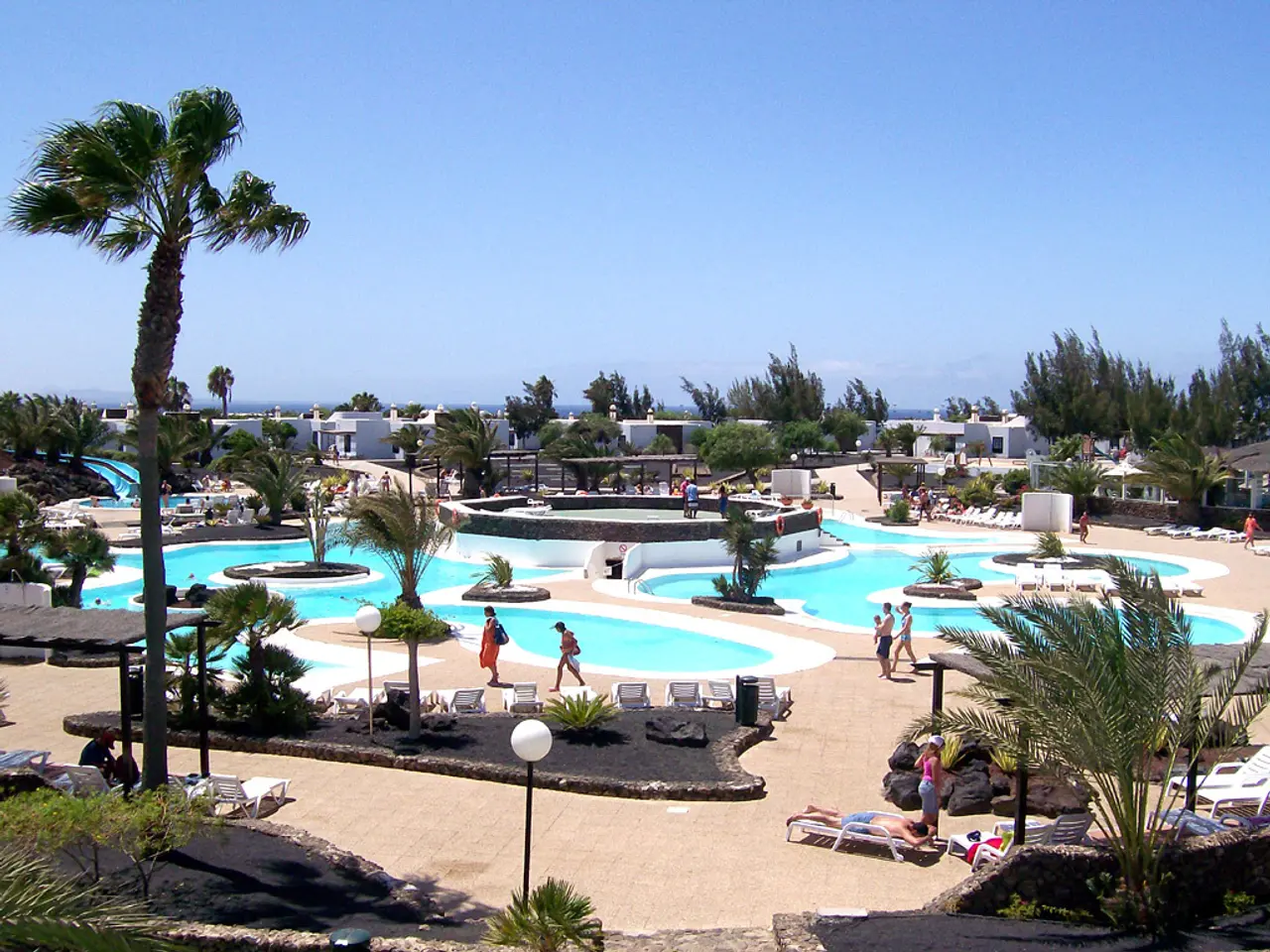"Following decades of imprisonment, the once notorious figure, Georges Abdallah, has now been released from prison, receiving little public attention or recognition"
In a significant development, Georges Ibrahim Abdallah, a Lebanese pro-Palestinian militant and founder of the Lebanese Armed Revolutionary Brigade (LARB), has been released from prison in France after serving a sentence of over 40 years.
Born into a Christian family in the village of Kobayat, northern Lebanon, Abdallah became involved in militant activities supporting the Palestinian cause in the early 1980s. He was convicted in 1987 and sentenced to life imprisonment for his alleged involvement in the 1982 assassinations of two diplomats in Paris: U.S. military attaché Lieutenant Colonel Charles Robert Ray and Israeli diplomat Yacov Barsimantov.
Throughout his imprisonment, Abdallah maintained that he was not a criminal but rather a fighter engaged in a political struggle. His prolonged detention, notably longer than typical life sentences in France, led many supporters and human rights advocates to view him as a political prisoner. Abdallah repeatedly appealed his conviction, framing his detention as politically motivated due to his activism and cause rather than common criminality.
In July 2021, a French appeals court ordered Abdallah's release on the condition that he immediately leave French territory and never return. This decision marked a significant development after decades of imprisonment.
Abdallah's case is emblematic of the complex intersection between militant activism, terrorism accusations, and political imprisonment in the context of the Israeli-Palestinian conflict. Prior to his imprisonment, Abdallah was a member of the Armed Revolutionary Cells (CRAs), a group of young Marxist Lebanese who took up arms after Israel's invasion in 1982. The CRAs were responsible for a wave of deadly bombings in Paris between December 1985 and September 1986, unprecedented since the Algerian War.
The bombing on the rue de Rennes occurred in 1984, and a witness recognized Emile Abdallah, a brother of Georges Ibrahim Abdallah, at the scene. Before his arrest, the CRAs had struck five times in France, killing two diplomats in 1982.
The "Committee of Solidarity with Arab and Middle Eastern Political Prisoners" claimed responsibility for the bombings and demanded the release of three men, including Georges Abdallah. Paris agreed to exchange Abdallah for Gilles Peyroles, the director of the French cultural center in Tripoli, but the deal fell apart when evidence of Abdallah's involvement in the murders of the two diplomats was revealed.
As Abdallah leaves prison, his case will continue to spark debate and discussion about the line between militant activism and terrorism, and the role of political imprisonment in such conflicts.
- After spending over four decades in prison for his alleged role in the assassinations of two diplomats, Georges Ibrahim Abdallah's case serves as a compelling example of the contentious intersection between militant activism, terrorism accusations, and political imprisonment, particularly in the context of the Israeli-Palestinian conflict.
- The continued discussion and debate about Abdallah's release raises questions about the boundary between militant activism and terrorism, ultimately shedding light on the relevance of politics, general-news, and crime-and-justice in shaping this pro-Palestinian militant's fate.








